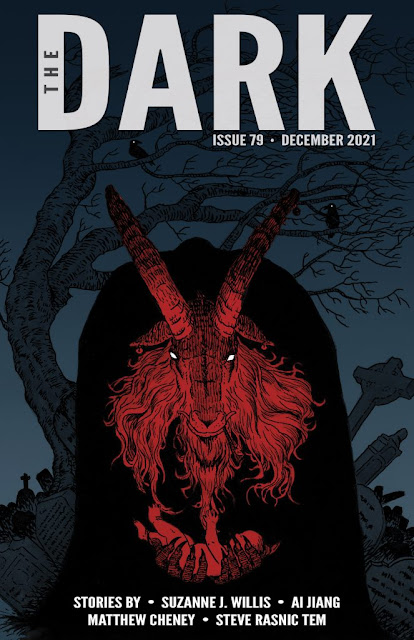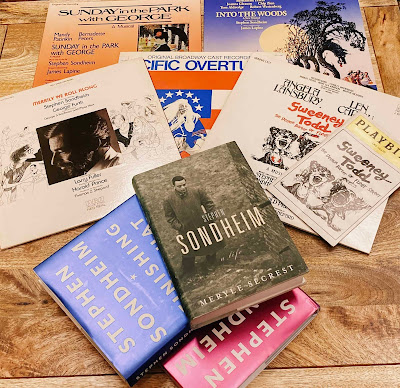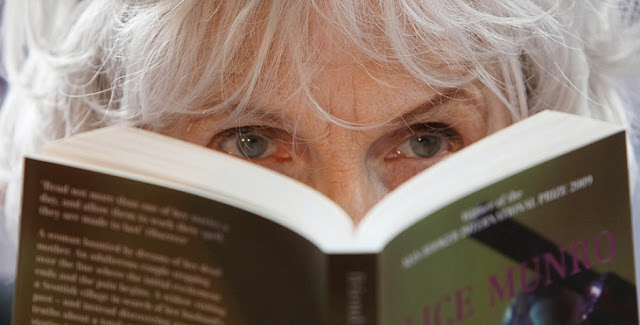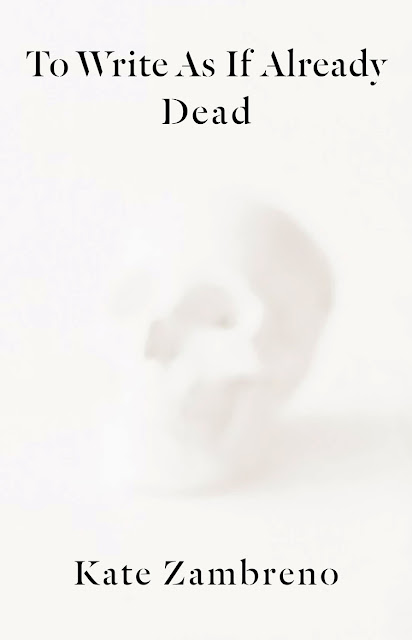"Hunger" in The Dark

My new horror story, "Hunger", has just been published by The Dark magazine and is available to read online. (Though consider a subscription to help them continue to be a high-quality market that pays its writers.) The story began from a moment of disappointment: I watched the recent movie The Dark and the Wicked and was annoyed that a film with lots of creative ideas would end up feeling shallow and pointless because its characters were so empty of history, personality, or purpose. What might such a story be like if its characters were more developed? That initial inspiration is still visible in the story, but, as often happens once you get writing, the characters and narrative went in new directions that I couldn't have predicted when I began. I'm hugely grateful to Ann VanderMeer for commenting on an early draft and to Sean Wallace for seeing value in the story and publishing it. Here's the first paragraph, for a taste: It was only a few weeks after my mo...




